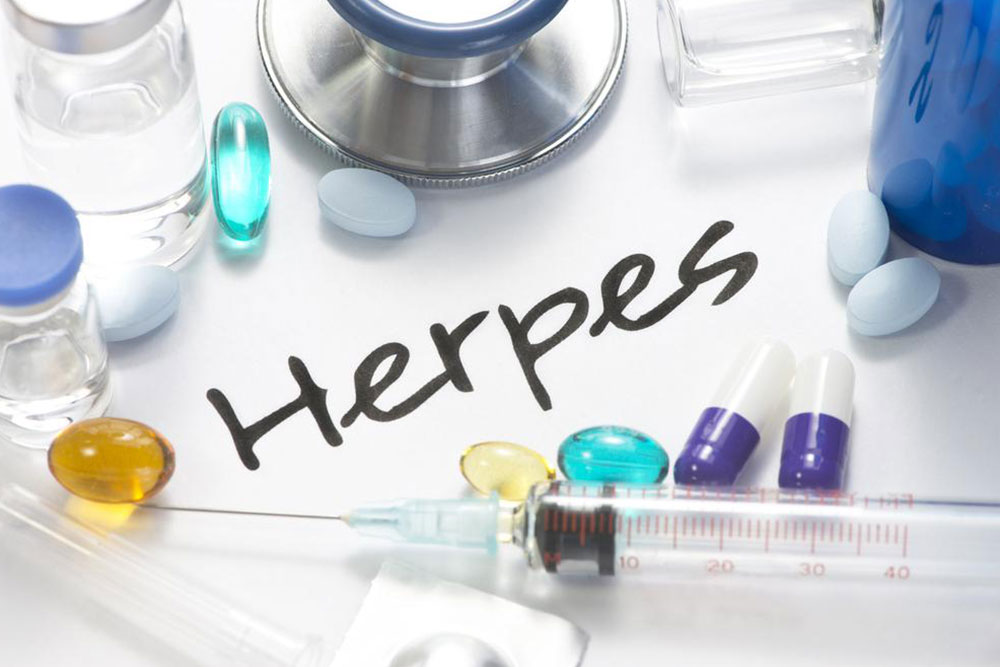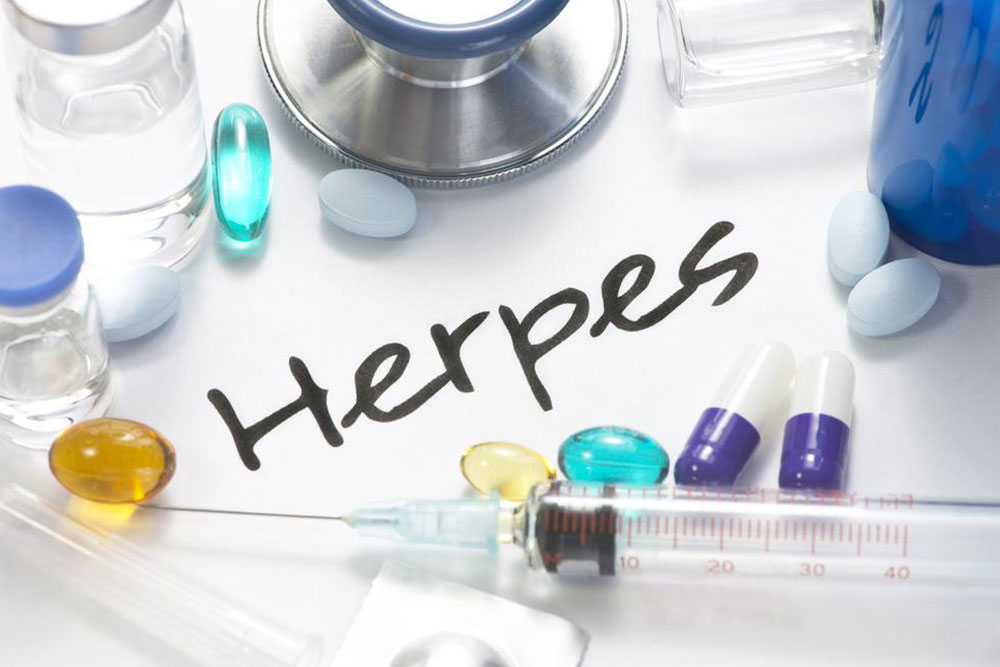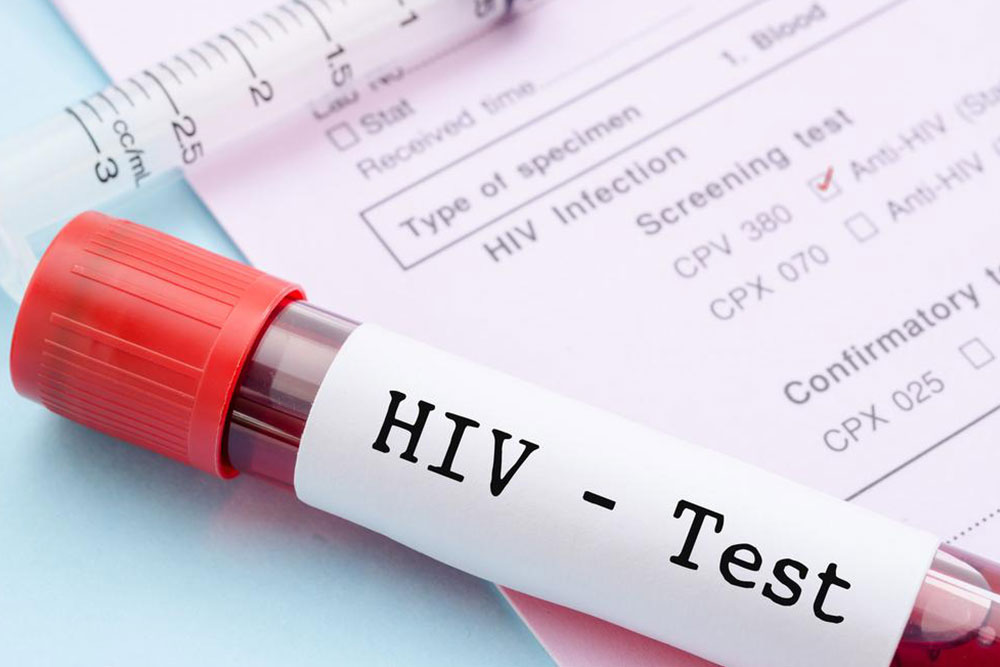Understanding Herpes: Causes, Transmission, and Management
Herpes is a common STI caused by the herpes simplex virus, with types affecting the mouth and genital areas. It spreads through contact with infected saliva or skin and can remain dormant for years. Outbreak triggers include stress, immune decline, and hormonal changes. While incurable, antiviral treatments help manage symptoms and reduce outbreaks. Consistent protection and regular testing are vital for prevention. Understanding herpes symptoms and transmission can aid in early detection and effective management, helping individuals maintain their health and prevent spreading the virus.

Understanding Herpes: Causes, Transmission, and Management
Herpes is one of the most prevalent sexually transmitted infections (STIs), caused by the herpes simplex virus (HSV). There are two main types: HSV-1, which typically affects the mouth and lips, and HSV-2, primarily impacting the genital area. Symptoms often include sores or blisters, appearing around the mouth or genital regions, though some may remain asymptomatic. Herpes spreads through contact with infected saliva, skin, or mucous membranes. Sexual activity, sharing personal items, or contact with active sores can facilitate transmission, even without visible symptoms. The virus can also be passed from mother to child during childbirth.
Herpes can remain dormant for years, with outbreaks triggered by factors such as weakened immunity, stress, fatigue, hormonal changes, or physical exertion. The initial outbreak tends to be the most severe, causing pain, burning sensations, and discomfort, especially during urination. Oral herpes causes tingling and burning around the lips. Although antiviral medications can't cure herpes, they help reduce symptoms and duration. Regular testing is recommended, especially for sexually active individuals, to prevent transmission. Using protection during intercourse is crucial to minimize spread and protect against STIs like herpes.
Important Note:
This article offers general information about herpes, including causes and prevention. It is not a substitute for professional medical advice. For accurate diagnosis and treatment options, consult a healthcare provider. The website's content aims to inform and support health awareness but does not guarantee comprehensive coverage of all cases. Always seek personalized medical guidance for concerns related to herpes or other STDs.










